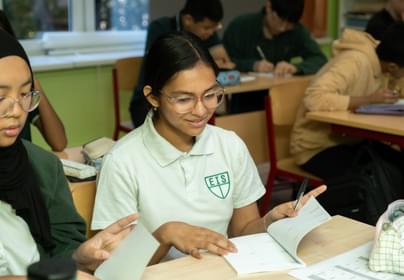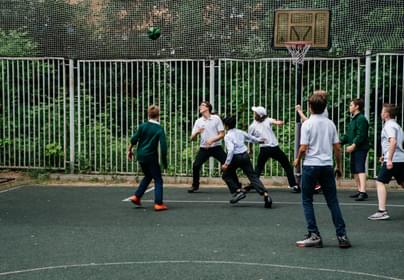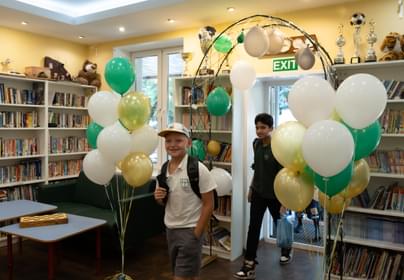DRAMA
The students in Drama this week have been continuing to learn about how to create attractive and engaging photos. They have been learning how to make use of filters, angles, and light to try and capture moments in time. They are using these skills to create a short video with the subject line "This is what I mean when I say.... " It has been a fun project and we are looking forward to seeing everyone's finished projects next week.
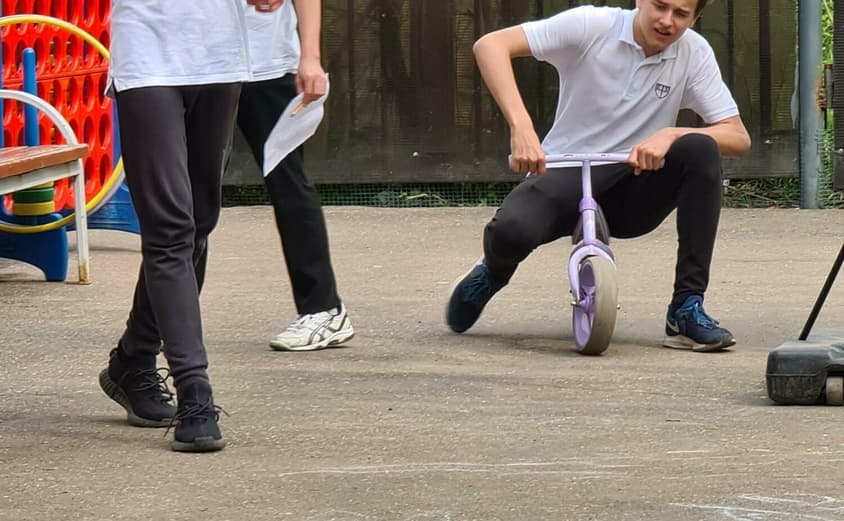
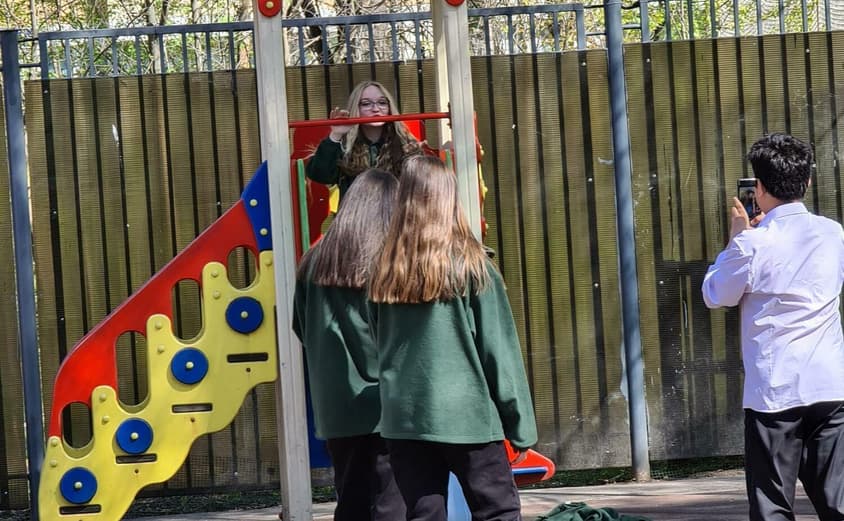
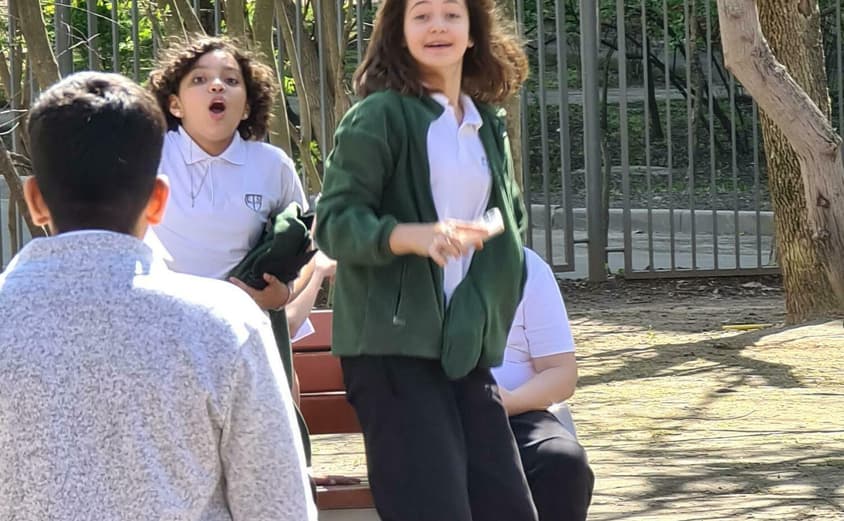
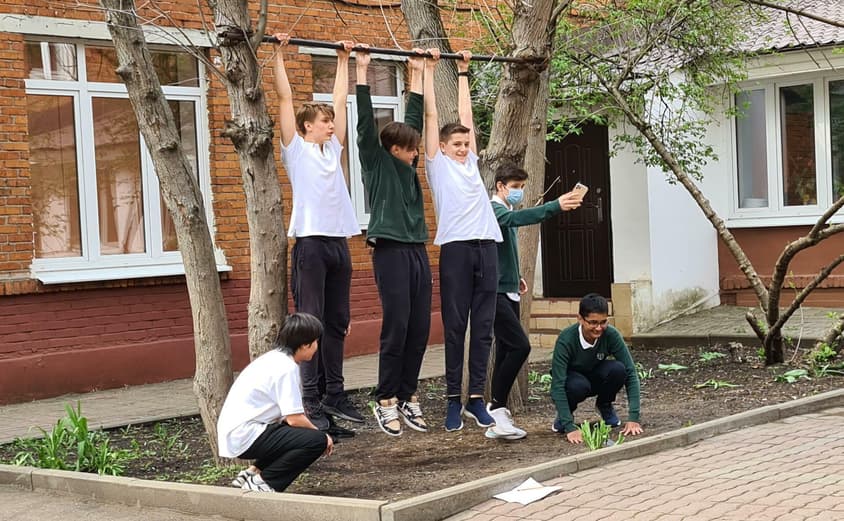
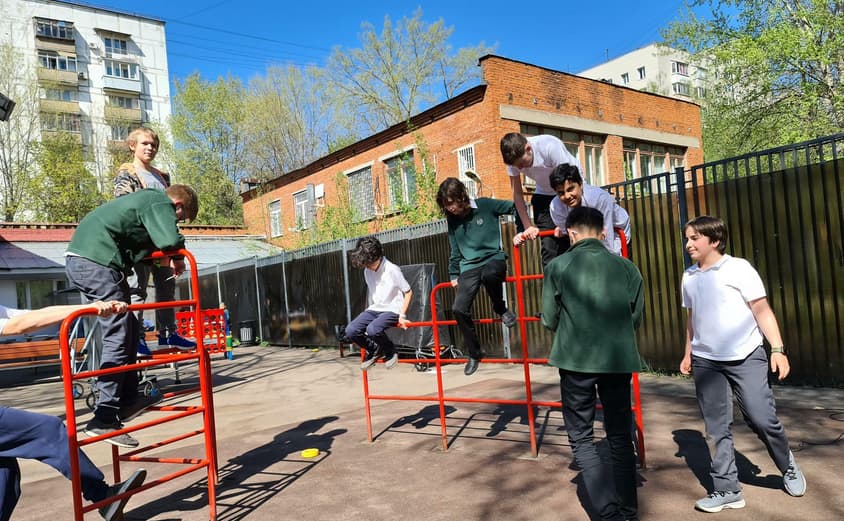
ART
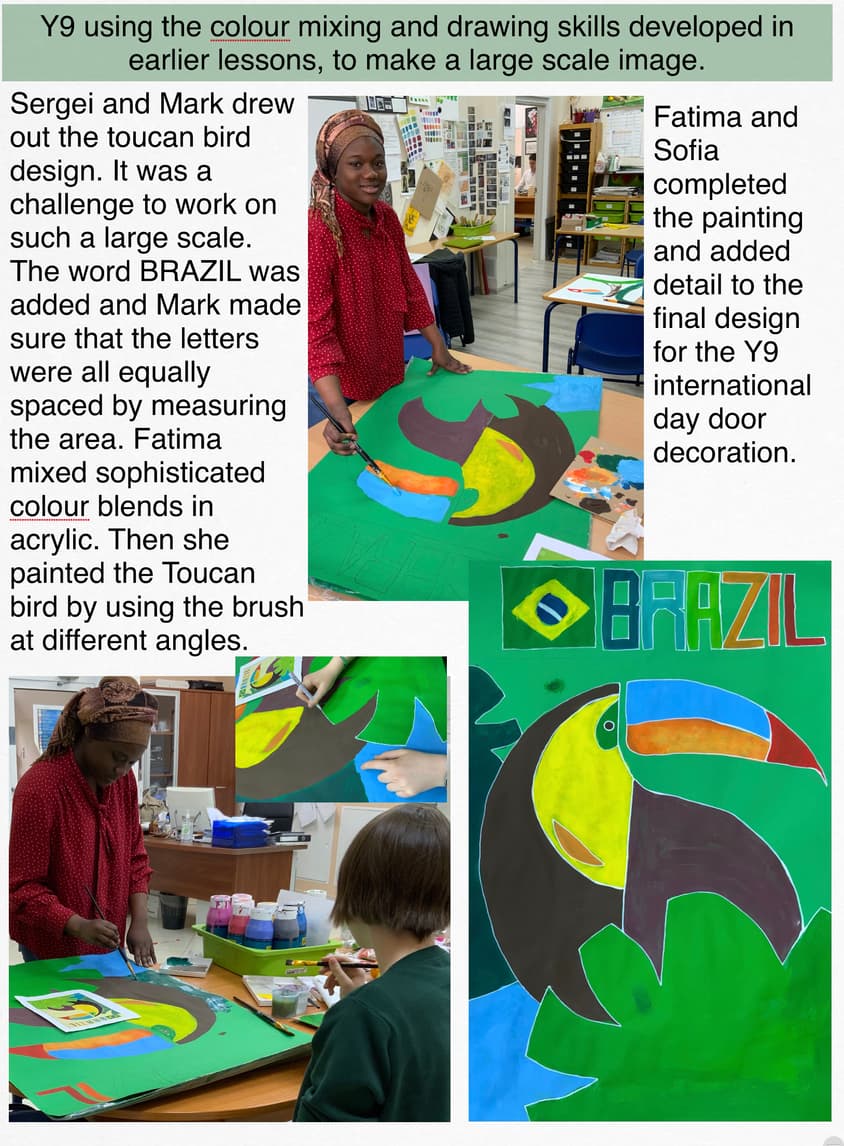
SCIENCE
Year 8 studied speed, distance and time and worked on distance-time graphs and speed calculations. They practised converting units of speed, distance and time and were able to choose a suitable scale for their graphs. The other thing we did is reading information from distance-time graphs, finding stationary periods as well as sections of the highest and lowest speed. Everyone was putting in a good effort and managed really well.
Year 10 continued working on acids, bases and salts. The class took part in various activities and revised reactions of acids with metals, oxides, hydroxides and carbonates as well as the colours of some indicators we studied earlier. After that the idea of salts was introduced and the students had a practical and investigated the solubility of various salts in water. We finally made a conclusion that salts can be fully soluble, partially soluble or insoluble in water. We looked at the solubility rules and talked through them. Well done Year 10.
Year 11 studied chemical calculations and worked on empirical formula and percentage yield this week. We talked about why theoretical calculations might give a higher mass of the substance being produced than the mass obtained in real. Also, the class practised calculating moles and masses of possible products of reaction being given the masses of reactants. The topic was not the easiest, but the students worked with enthusiasm and dedication. Keep it up Year 11!
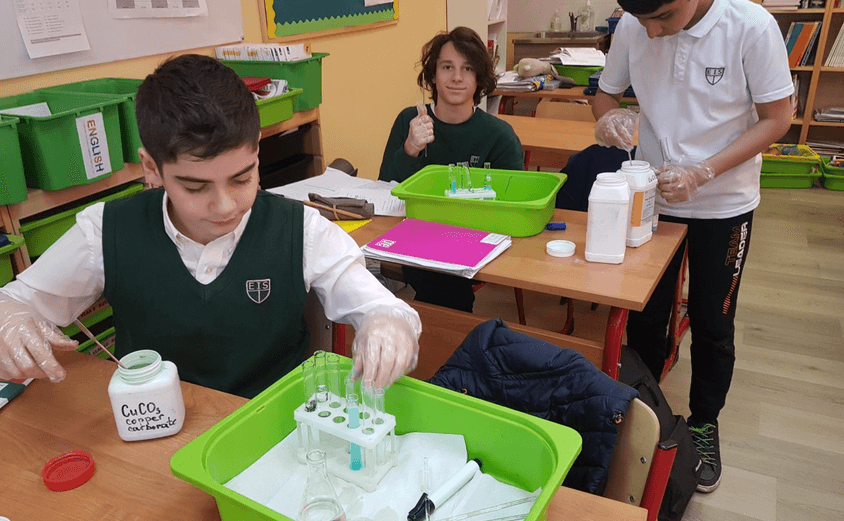
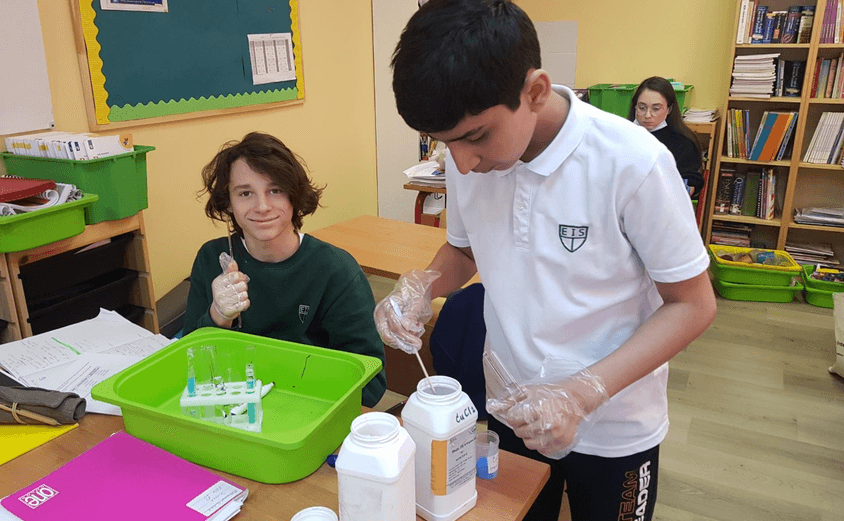
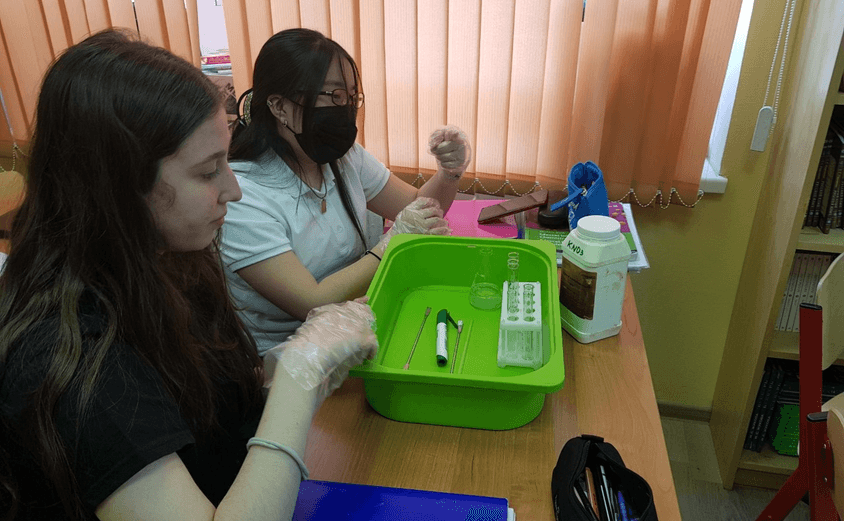
MATH
Year 9 home class has been assigned to present information about Brazil due to celebrating International day on Friday. Students have been working on assignment where they had to find an approximate area of Brazil on the map using transverse lines method and then compare it to the real area and draw conclusions about the accuracy of the method. Year 11, 12 and 13 students continue to practice with past papers in preparation for their mock exams.
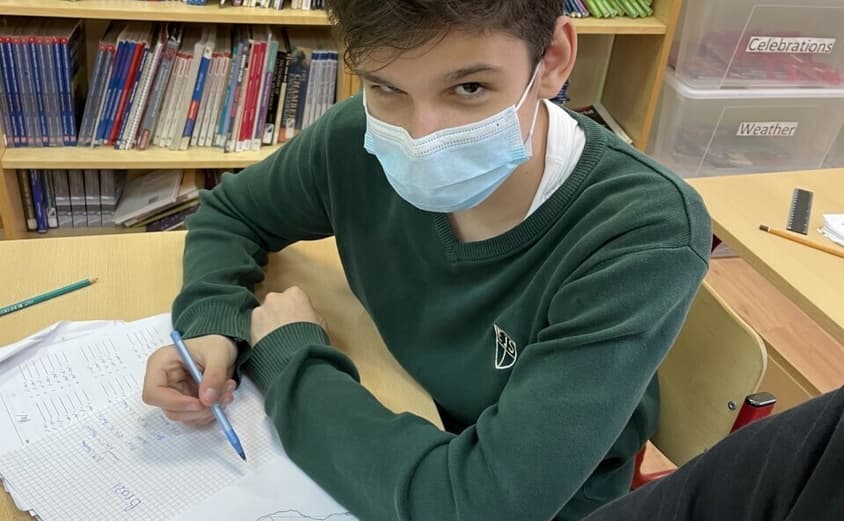
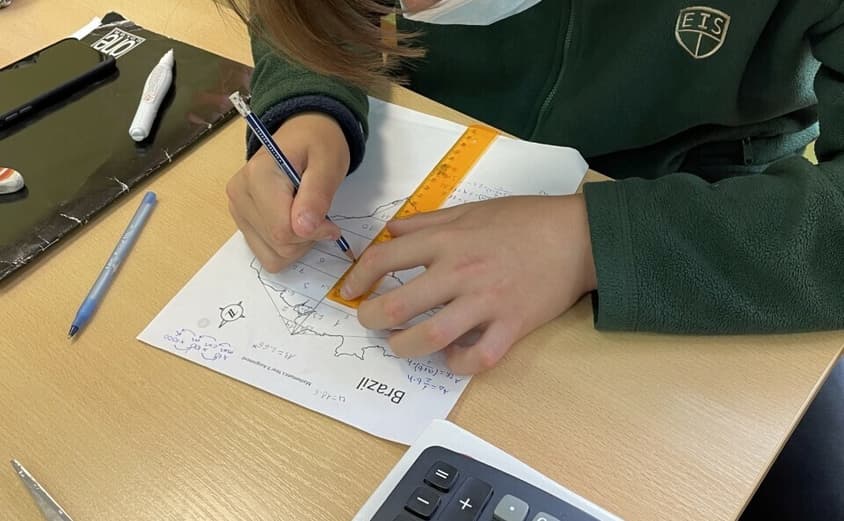
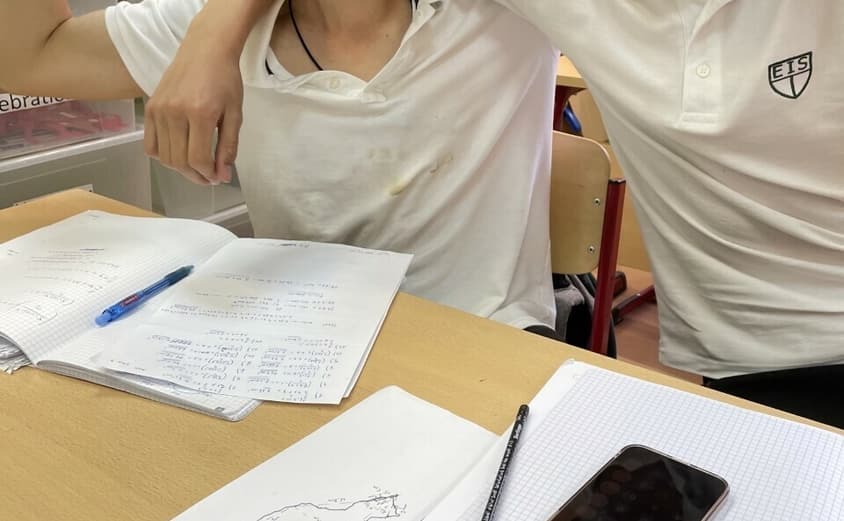
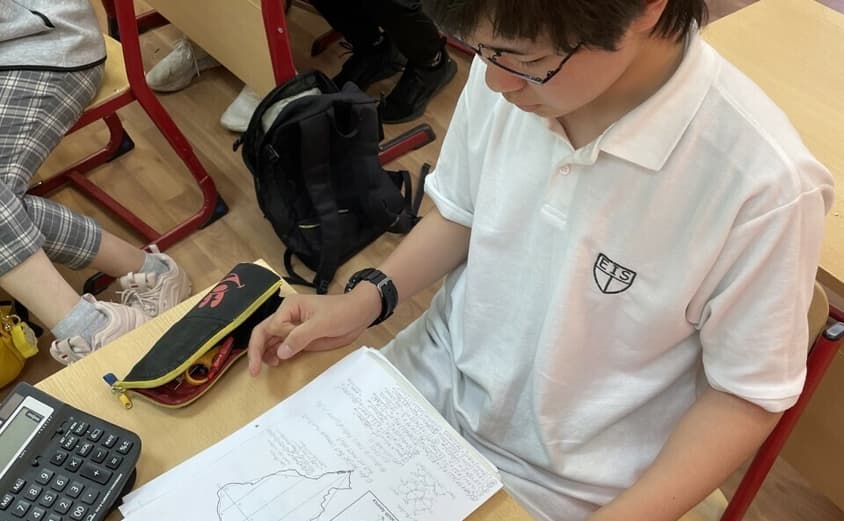
RUSSIAN
Year 7 has been continuing to work hard in Russian class this week. We have been learning about Syntax with focus on The Similar parts of a sentence. Each student has been given a sentence to analyze and address questions to the Similar parts correctly. It was a challenging exercise, but everyone did great. Keep up the hard work, Year 7!
Year 11 passed the first part of Cambridge Russian exam on Tuesday. Daniil Smirnov shared his feelings and told us what it was like:
"Today I wanted to tell you how I felt after the first paper of Russian 1st language exam. In my own opinion, the first paper wasn’t extremely hard. In the first task we had to read a text and answer the questions about it, in the second task read the second text and compare a certain details from both of the texts. The main thing was to focus. For example, in the first task I got stuck on the very first question, but after I left it behind and started going throughout the whole task, I unexpectedly found an answer to the question I stuck on in the beginning. Russian is kind of a hard language, even sometimes for a native speakers. But thanks to our incredible teacher Mrs Alla we were well prepared and knew how to defeat the enemy!"
MUSIC
In Secondary, Year 7 studied the music of Vietnam. The students sang “Have you ever seen the rain song " in unison and played the accompaniment on the keyboard. Year 8 studied music and dance in Argentina. We talked about tango, a traditional Argentine dance, and listened to the song “ Don't cry for me Argentina". Year 9 learned about the music and dance of Brazil and sang some popular Brazilian songs.
ICT
This week in ICT Year 10 explored the topic privacy and surveillance. We were discussing the implications of having personal data online, the social and environmental impacts of social media and the positive and negative effects of online content. Year 8 continued with the topic Social Engineering and explored different types of malware and automated bots. Year 7 continued the unit vector graphics and started using the software Inkscape to produce some vector graphics. Moreover Year 13 were looking at some sample past paper essay questions and doing exam preparation.
GEOGRAPHY
Year 7
Year 7 students have been learning about tourism and this week we have discussed about different types of tourism and also student have had an opportunity to discuss the tourism products such as accommodation, tour guide, transport and other products that can be included into a tourism package.
Year 8
Year 8 students are still covering Energy and water topic and this week they have learned about fossil fuel. In this subtopic students discussed the defection of fossil fuel as the type of energy resource which falls under nonrenewable energy resource. To develop their understand students works in the group and do a presentation on the positive and negative impact of the fossil fuel.
Year 9
Year 9 students have learned about earthquake in Japan and they have managed to understand the intensity of the earthquake that usually happen in Japan and other pacific areas. In addition students have linked their prior knowledge on the precaution to take during, before or after the earthquake with some of the measures taken by Japan to prepare itself with earthquakes.
Year 10
This week year 10 have been learning about Population and they have covered about population pyramid. Students have had an opportunity to discuss the composition of the population pyramid and three types of population pyramid which are expansive, stationary and constrictive population pyramid.
HISTORY
Year 7
Year 8 students learned about different ways in which people were punished in the workhouse and some of the rules that was introduced in the workhouses. In addition we have discussed about different innovation that has been made during industrial revolution. Students did a simple research and analyses the benefit of each innovation in the production of goods and services.
Year 8
The Year 8 students are still covering the topic of French Revolution. Students enjoyed to transform their learning by role playing the case between King Louis xvi and people of French which was presented in the court Students were divided into two groups, one group pretended to be King Louis XVI lawyers and other group pretend to be French people’s lawyers and then they choose a judge who was running the case in the court. The final judgment that was made by a judge gave the victory to the French people and King Louis was given a punishment.
ENGLISH
This week year 9 have been looking at World War 1 poetry and doing some background research into the conditions which soldiers faced. They have also been considering different perspectives of the war and how these can be reflected through poetry. Year 10 have begun their coursework assignment and have been working very diligently on redrafting their essays. Year 11 have been doing lots of independent study in the run up to their final mock exam. Similarly, year 12 are finishing the play Othello in preparation for examinations and finally year 13 have been revising for their exam which they will sit today.

